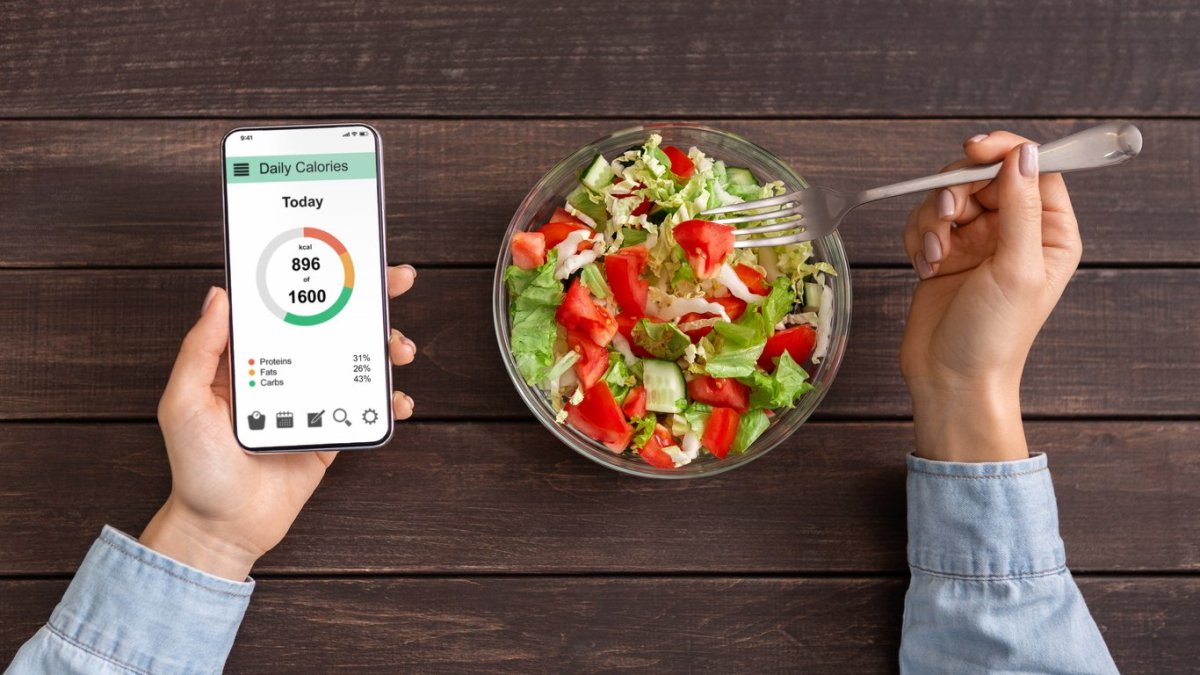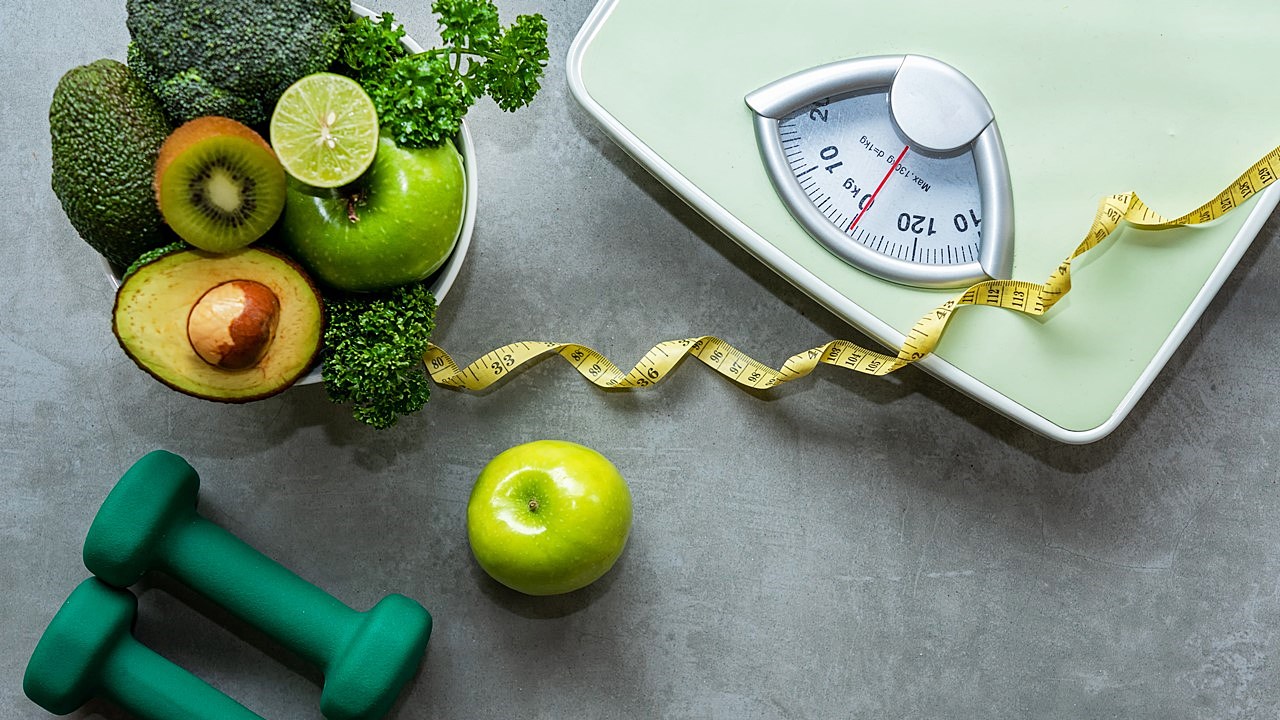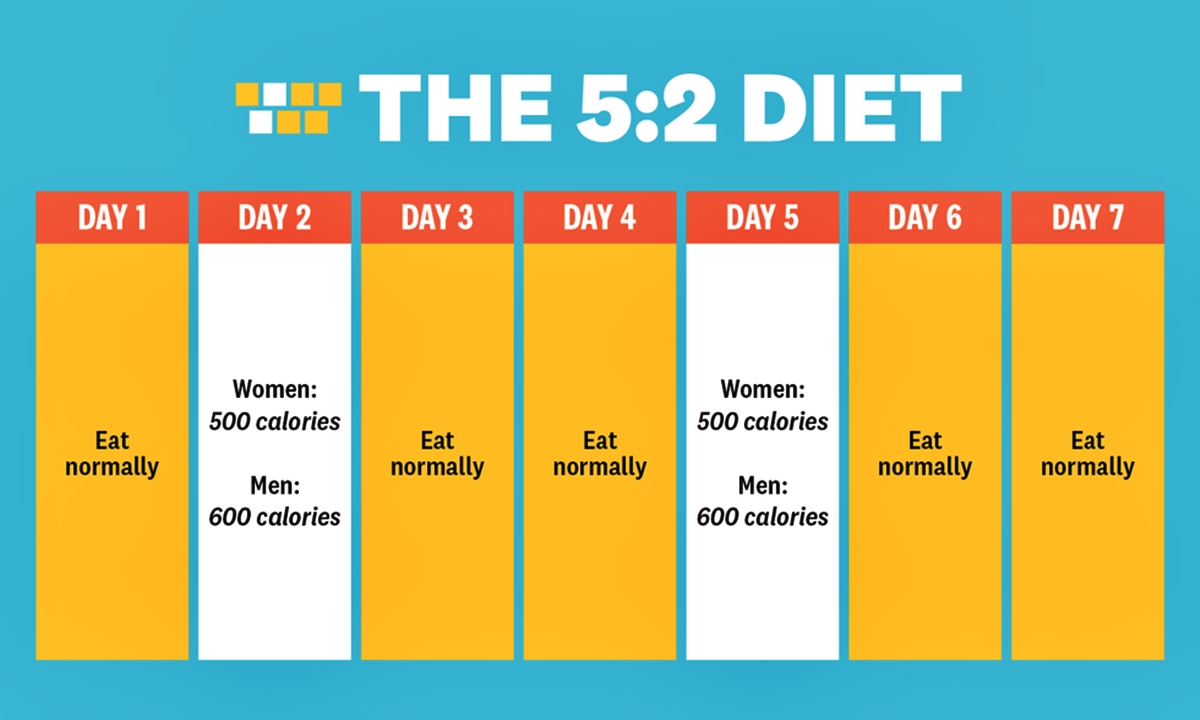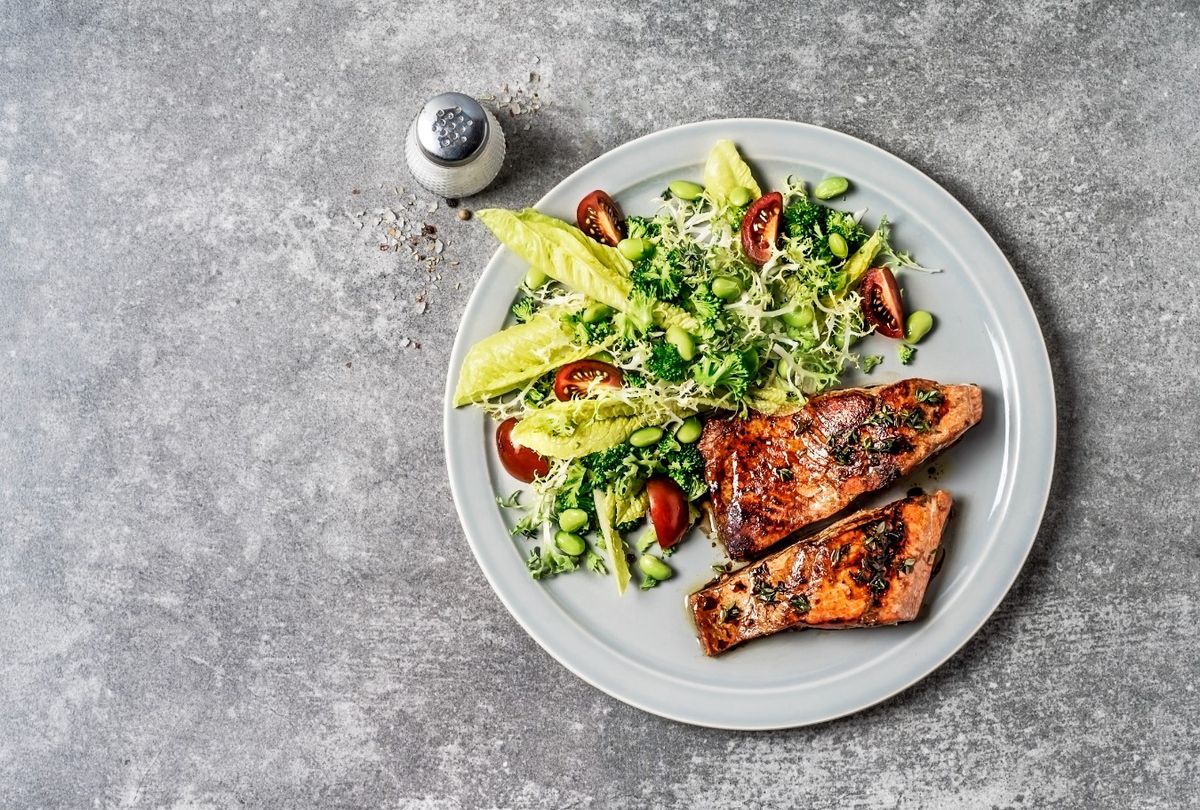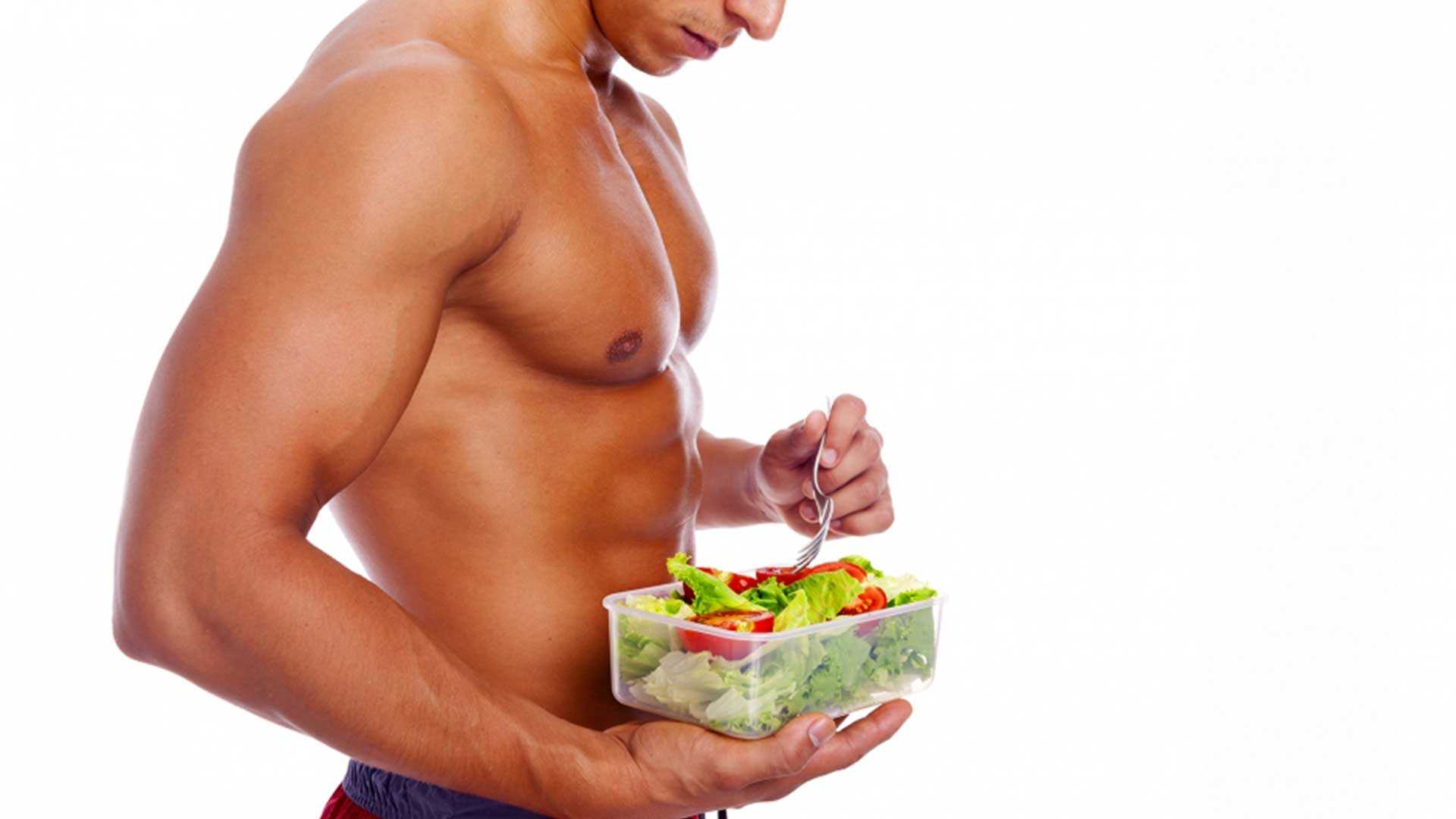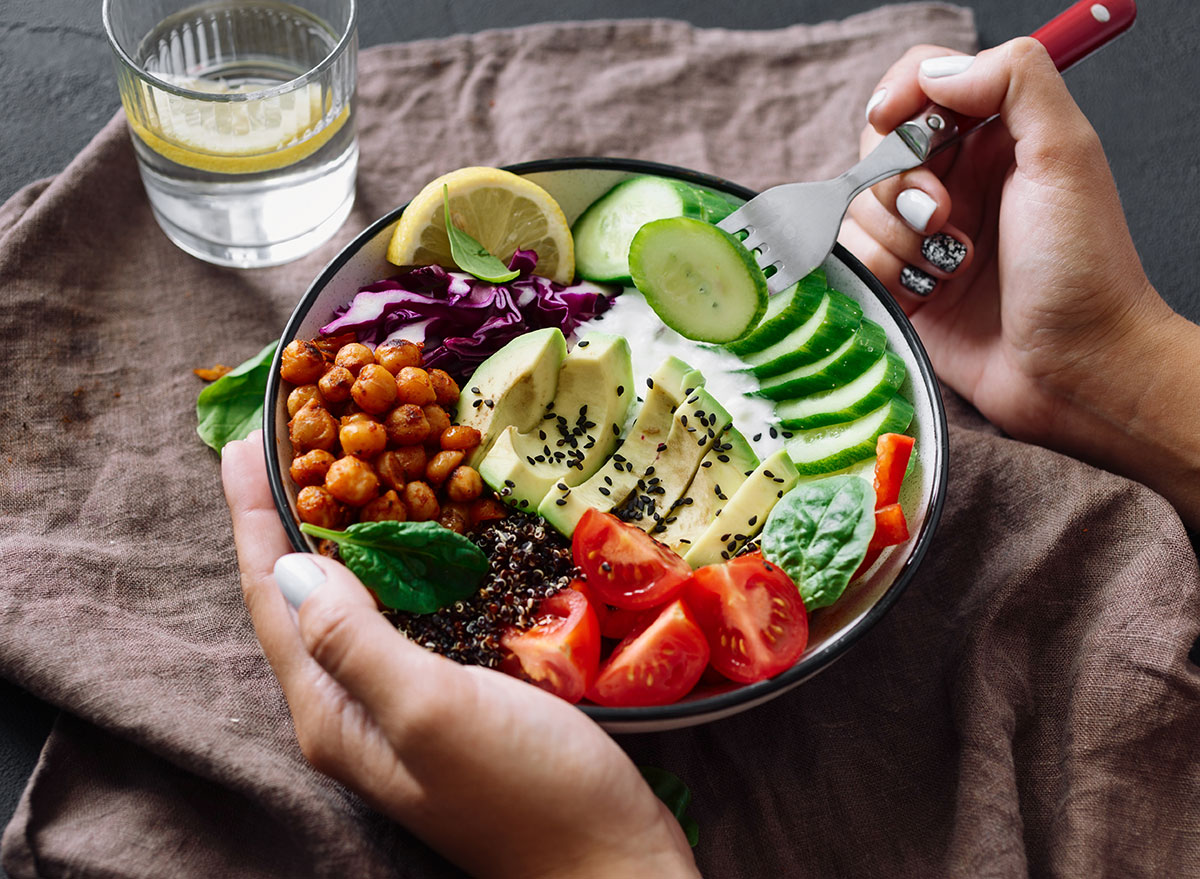Understanding Calorie Deficit
Before we dive into the details of how to eat at a calorie deficit, let’s first understand what a calorie deficit actually means. Simply put, a calorie deficit occurs when you consume fewer calories than your body expends. This imbalance between the calories you eat and the calories you burn forces your body to tap into its fat stores for energy, ultimately leading to weight loss.
Calculate Your Caloric Needs
The first step in eating at a calorie deficit is to determine how many calories your body needs to maintain its current weight. This can be calculated using various online tools or consulting with a nutritionist. Once you have an estimate of your maintenance calories, you can then create a calorie deficit by consuming fewer calories than this maintenance level.
Focus on Nutrient-Dense Foods
When aiming to eat at a calorie deficit, it’s crucial to prioritize nutrient-dense foods. These are foods that are rich in essential nutrients such as vitamins, minerals, and fiber, but relatively low in calories. By incorporating plenty of fruits, vegetables, lean proteins, and whole grains into your diet, you can feel satisfied while keeping your calorie intake in check.
Monitor Portion Sizes
Controlling portion sizes is key when it comes to eating at a calorie deficit. Even healthy foods can contribute to excess calorie intake if consumed in large quantities. Using measuring cups, food scales, or visual cues can help you gauge appropriate portion sizes and prevent overeating.
Stay Hydrated
Drinking an adequate amount of water is essential when trying to eat at a calorie deficit. Sometimes, feelings of hunger can actually be a sign of dehydration. By staying well-hydrated, you can help stave off unnecessary snacking and ensure that your body functions optimally.
Be Mindful of High-Calorie Foods
While it’s important to focus on nutrient-dense foods, it’s also crucial to be mindful of high-calorie items that can easily derail your efforts to maintain a calorie deficit. This includes sugary snacks, fried foods, and high-fat treats. While these foods can certainly be enjoyed in moderation, it’s best to limit their consumption when trying to create a calorie deficit.
Engage in Regular Exercise
Pairing a calorie-controlled diet with regular physical activity can further enhance your ability to maintain a calorie deficit. Exercise not only helps burn additional calories, but it also contributes to overall health and well-being. Aim for a combination of cardiovascular exercise, strength training, and flexibility work for a well-rounded fitness routine.
Seek Support and Accountability
Embarking on a journey to eat at a calorie deficit can be challenging, so seeking support and accountability can be incredibly beneficial. Whether it’s enlisting the help of a friend, joining a community of like-minded individuals, or working with a professional, having a support system in place can help keep you motivated and on track.
By incorporating these strategies into your lifestyle, you can effectively eat at a calorie deficit and work towards your weight loss goals. Remember, consistency and patience are key, and making sustainable changes to your eating habits can lead to long-term success.
More Delicious Recipes to Help You Maintain a Calorie Deficit
Adopting a calorie deficit diet doesn't mean sacrificing flavor or variety. For those looking to implement the strategies from our guide, there are numerous delicious recipes to try. Begin with the Grilled Chicken Salad with Mixed Greens for a light yet protein-rich meal. The Quinoa and Black Bean Stuffed Peppers offer a fantastic vegetarian option packed with fiber and protein. For a quick and satisfying dinner, the Turkey and Vegetable Stir-Fry is highly recommended due to its high nutrient content and low calorie count. Each of these recipes aligns perfectly with the calorie deficit eating plan, promoting not only weight loss but also overall health improvement.
